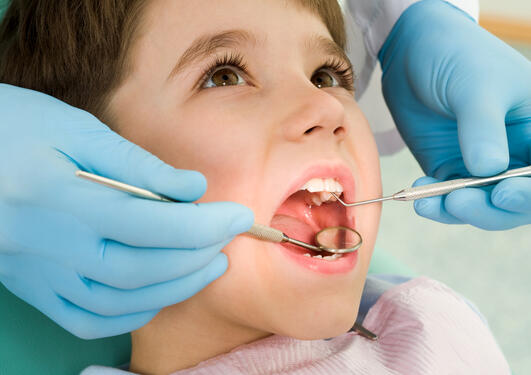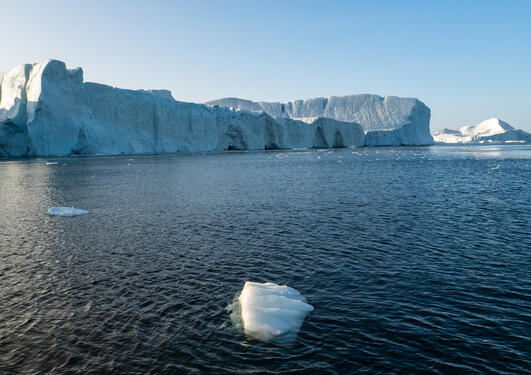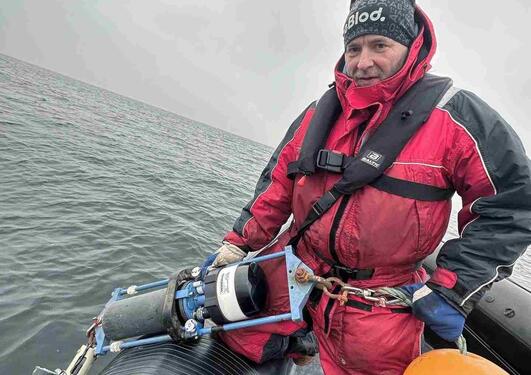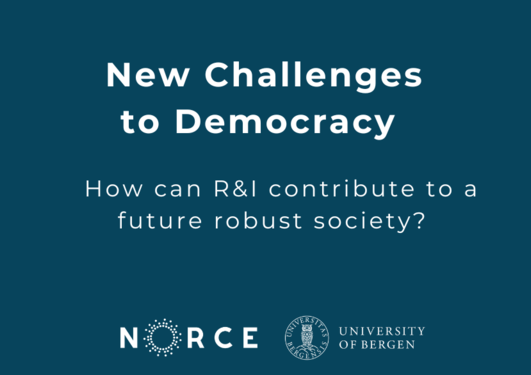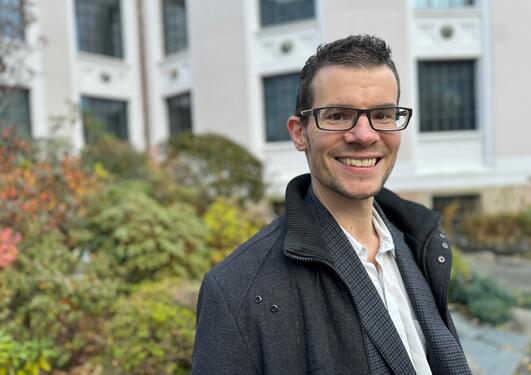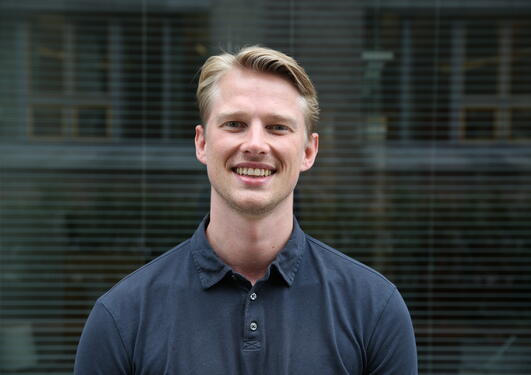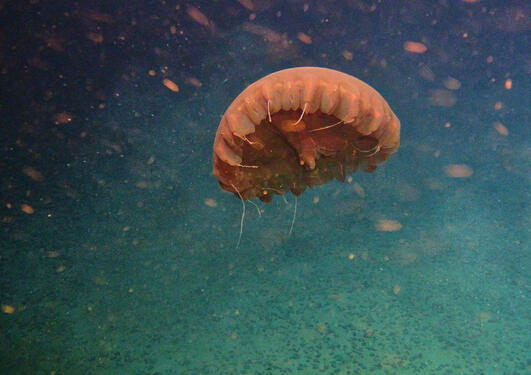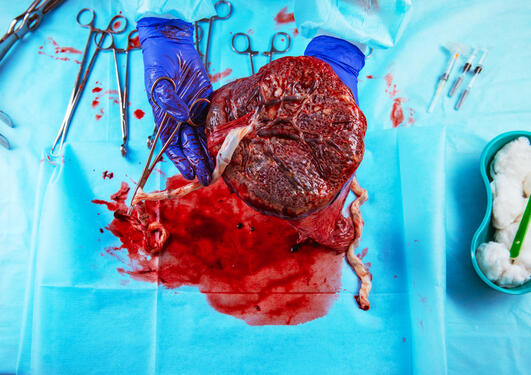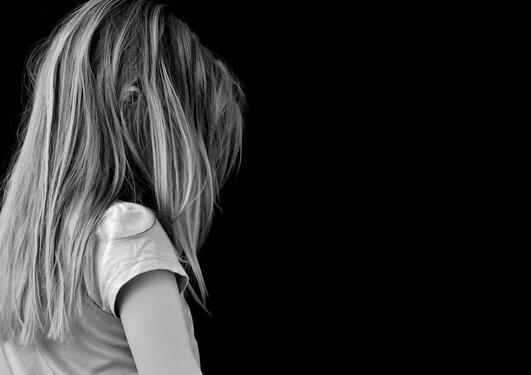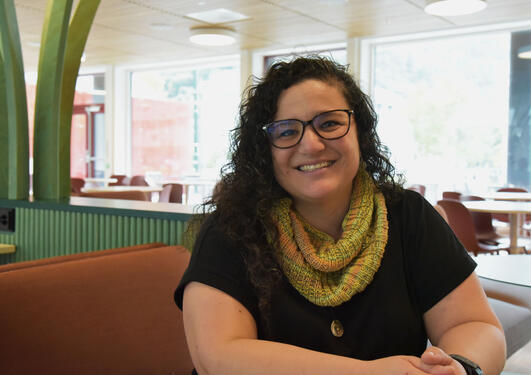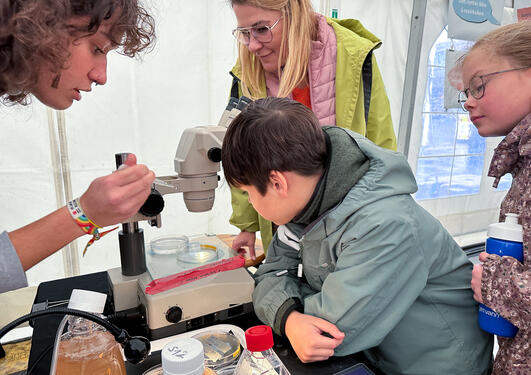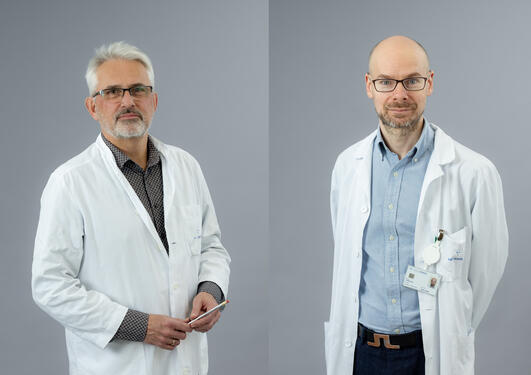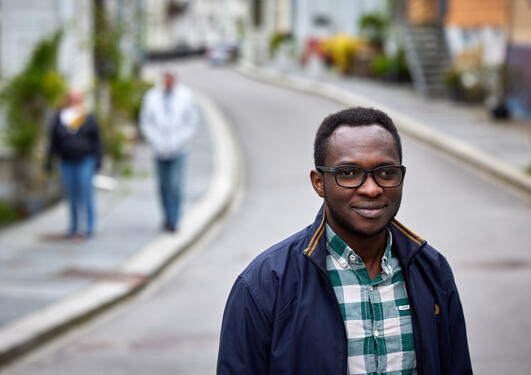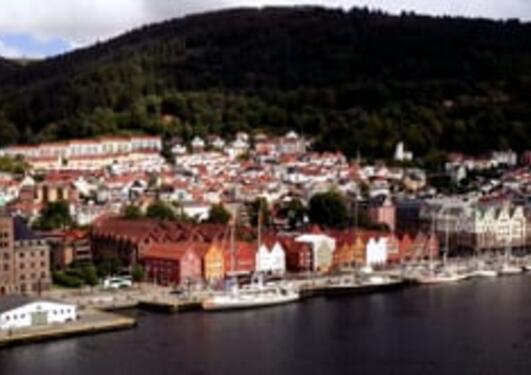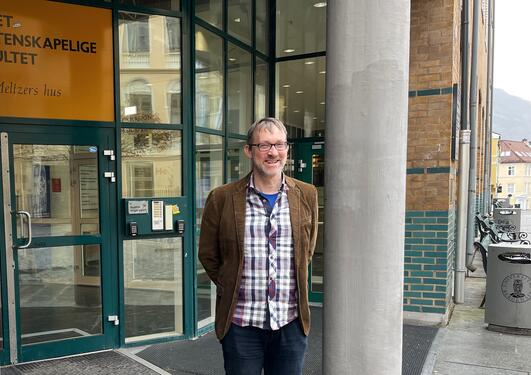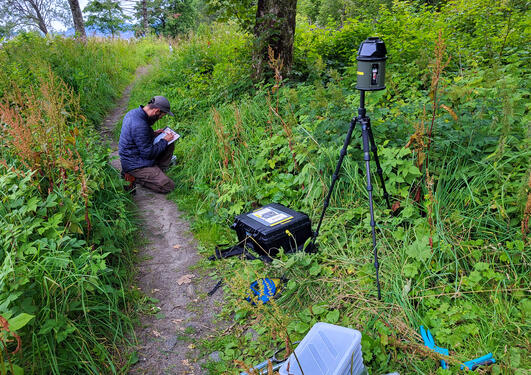News archive for Research
About half of children with celiac disease have problems with enamel damage. UiB researchers have now found that the cause is an immune reaction to one of the most common proteins in cow’s milk.
A recent report from the University of the Arctic recognizes the University of Bergen as Norway's most influential university and a global leader in Arctic research.
When Nagaoka University of Technology in Japan hosted a hybrid event to showcase links between science and business, UiB’s industry partner Aanderaa stepped up to the challenge. The event originated in the university’s international commitments towards Sustainable Development Goal (SDG14), Life Below Water.
At this event in Brussels on 23 January 2024, researchers from the University of Bergen and NORCE presented and discussed new and pressing democracy issues with policy makers and experts from the European Commission and stakeholder organizations.
Professor Iain George Johnston and the research team at the University of Bergen (UiB) have been instrumental in a recent study that reveals how plants protect themselves from mutational damage. The groundbreaking findings are now presented in a research article in the highly-ranked journal New Phytologist.
Offshore wind farms can “steal” the capacity of other farms by up to 20 percent up to 50 kilometres away, due to wake loss. The regulation is ambiguous and needs to be developed to accommodate large-scale offshore wind development in the North Sea and other ocean areas, according to PhD Candidate Eirik Finseraas at the Faculty of Law, University of Bergen.
“There are huge knowledge gaps regarding the deep sea. My scientific project is to help fill some of those knowledge gaps,” says researcher Pedro Ribeiro. Inadvertently, this has led him and his colleagues into the hot topic debate on deep-sea mining.
Research sheds light on how genetics influences the growth of the placenta and reveals a link to increased risk of disease in the mother.
A new study from UiB provides the first empirical evidence that 'implicit competition' in the workplace has an impact on job promotions and salary increases.
Somewhat surprisingly, Norway finds itself at the bottom alongside Romania, in a study of trust in child welfare services in six European countries.
PhD candidate Pierina Benavente at the Pandemic Center has recently published her first article in an international journal. In the article, she presents findings about the health situation among migrant working in Norway during the COVID-19 pandemic.
The annual science festival creates enthusiasm and understanding for research through local educational and research institutions. Held every year since 1995, it is one of Europe's largest, nationwide research festivals.
Researchers launch pioneering EU funded research initiative to uncover role of Epstein-Barr virus in multiple sclerosis, building on recent research breakthrough.
As consumers we are often encouraged to limit our intake of red meat and dairy, for the benefit to both our health and to the environment. But what happens if we drop meat when we get older?
A beautiful new film by the Tara Ocean Foundation showcasing researchers from both Tara and the Michael Sars Centre sharing their knowledge and scientific practice during the EMBL TREC expedition stopover in Bergen. (French with English subtitles)
«This is an opportunity to tackle prominent but largely-overlooked challenges plaguing the frontiers of developed liberal democracies» Aaron Spitzer says.
Underneath the ocean floor, thrives a vast biosphere which activity profoundly impacting our global environment; from the air that we breathe, to the balance of the global carbon budget. The functioning of this biosphere is what the new director at the Centre for Deep Sea Research at UiB, Steffen Leth Jørgensen, seeks to understand.
Traversing European Coastlines (TREC) is a continent-wide expedition addressing environmental challenges along the coasts of Europe. On their northernmost stop, the team was based at the Espegrend Marine Biological Station, hosted by the University of Bergen.
Pages
- December 2025 (4)
- November 2025 (1)
- October 2025 (3)
- September 2025 (2)
- August 2025 (1)
- July 2025 (3)
- June 2025 (4)
- April 2025 (5)
- March 2025 (3)
- February 2025 (7)
- January 2025 (2)
- December 2024 (1)
- November 2024 (3)
- October 2024 (2)
- September 2024 (3)
- August 2024 (1)
- July 2024 (2)
- June 2024 (5)
- May 2024 (1)
- April 2024 (3)
- March 2024 (4)
- February 2024 (2)
- January 2024 (3)
- December 2023 (6)
- November 2023 (6)
- October 2023 (6)
- September 2023 (5)
- August 2023 (3)
- June 2023 (4)
- May 2023 (4)
- April 2023 (5)
- March 2023 (6)
- February 2023 (2)
- January 2023 (3)
- December 2022 (1)
- November 2022 (6)
- October 2022 (4)
- September 2022 (4)
- August 2022 (1)
- June 2022 (2)
- May 2022 (1)
- April 2022 (3)
- March 2022 (5)
- February 2022 (2)
- January 2022 (1)
- October 2021 (1)
- September 2021 (1)
- August 2021 (1)
- June 2021 (1)
- March 2021 (5)
- February 2021 (4)
- January 2021 (1)
- December 2020 (4)
- November 2020 (4)
- October 2020 (2)
- July 2020 (2)
- June 2020 (6)
- May 2020 (2)
- April 2020 (2)
- March 2020 (1)
- February 2020 (2)
- January 2020 (2)
- November 2019 (1)
- October 2019 (4)
- September 2019 (2)
- August 2019 (2)
- July 2019 (5)
- June 2019 (2)
- May 2019 (1)
- April 2019 (2)
- March 2019 (2)
- February 2019 (3)
- January 2019 (2)
- December 2018 (1)
- November 2018 (3)
- October 2018 (2)
- August 2018 (1)
- July 2018 (3)
- June 2018 (3)
- May 2018 (2)
- April 2018 (3)
- March 2018 (1)
- February 2018 (3)
- August 2017 (2)
- June 2017 (2)
- May 2017 (1)
- April 2017 (5)
- March 2017 (4)
- January 2017 (1)
- December 2016 (1)
- November 2016 (1)
- October 2016 (2)
- August 2016 (1)
- May 2016 (1)
- March 2016 (1)
- February 2016 (2)
- January 2016 (2)
- December 2015 (2)
- November 2015 (1)
- August 2015 (1)
- June 2015 (1)
- December 2013 (1)
